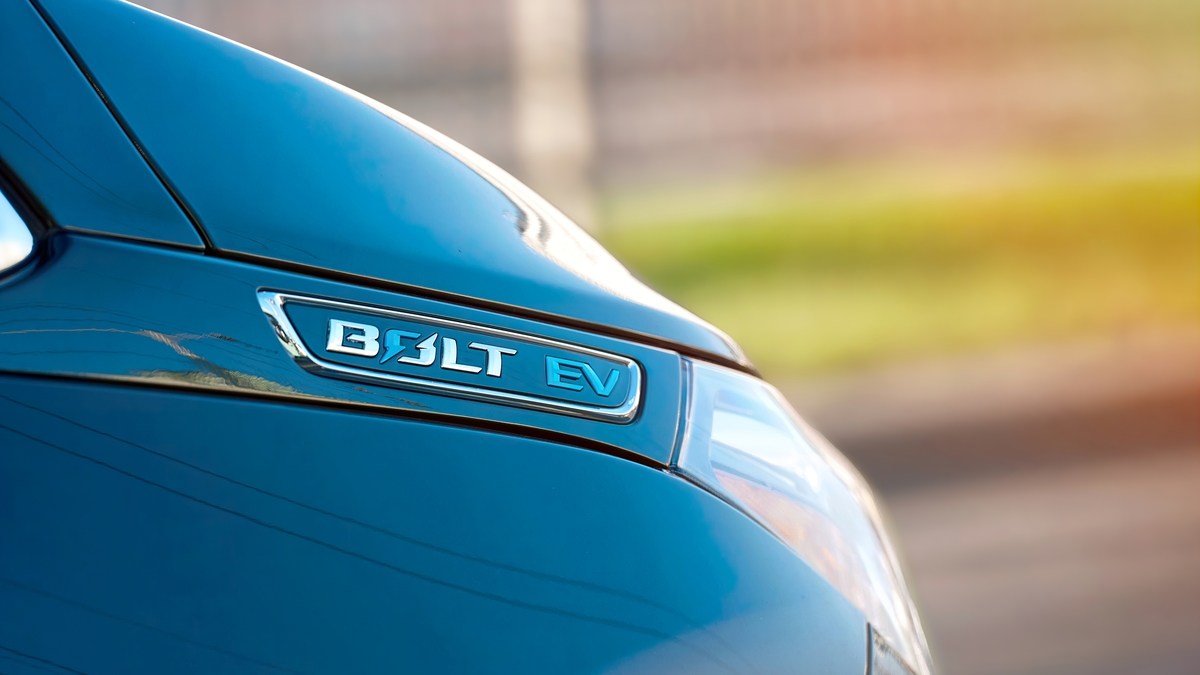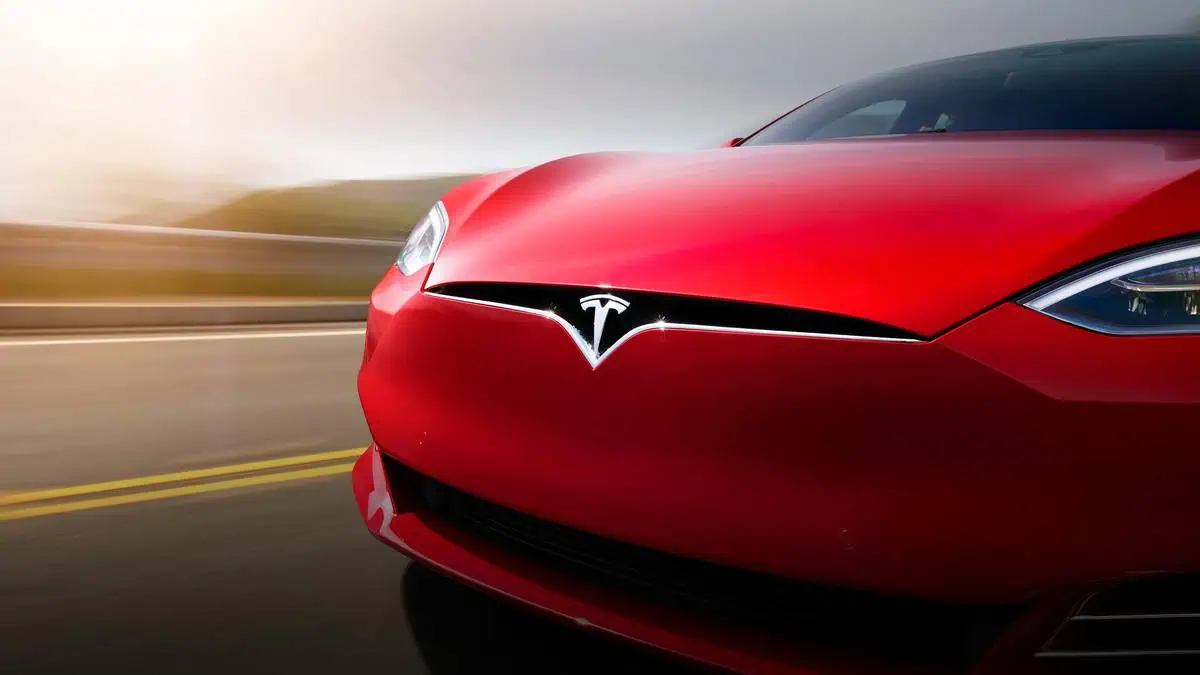The United States has been among the leading countries pushing for electric vehicle adoption. That said, many states offer significant incentives to further boost the technology’s acceleration. However, some states, including New Jersey and Oregon, are now pausing such programs due to the rapidly growing demand.
Increasing demand for EVs in the US
For context, Cox Automotive’s data revealed that new car sales in the US declined 8% year-on-year in 2022. In contrast, EV sales surged 65% YoY to a record-setting 800,000 units last year.
The upward trend continues to progress as the latest data revealed that EV sales hit a record-breaking result of over 250,000, with a market share of 7% this year.
These results are unsurprising given that EVs are now more available than in their early years. For instance, EV giant Tesla has been ramping production, with more than 440,000 produced EVs (up 44% YoY) this year to date.
The emergence of new EVs in different segments is also one of the most probable reasons EV demand in the US continues to surge. Customers can now choose a wider range of EVs depending on their needs and budget.
Furthermore, a US federal tax credit of up to $7,500 for new EV buyers has also been increasing EV demand. It also offers a $4,000 tax credit for second-hand EVs under the Inflation Reduction Act.
These factors significantly affect buyers’ decisions in making the switch to EVs, which overwhelms several states.
States suspend EV incentives to manage expenditures
New Jersey is reportedly the most recent state in the US to temporarily pause its rebate program. AP News recently reported that the state fell short of money to support the program due to the increasing demand for EVs there.
For context, the state offers up to $4,000 incentives for new EV buyers or lessees under its “Charge Up New Jersey” program. However, it was suspended on April 17 after disbursing almost $35 million for the fiscal year that ends in July.
Nonetheless, the state would continue to process those approved applications for the program, estimated to cover more than 10,000 leased or purchased EVs, per the New Jersey utility board.
The initiative has contributed more than $90 million in subsidies to adopting more than 25,000 EVs since it began over three years ago.
Another US state to suspend its EV incentives in Oregon. The Oregon Department of Environmental Quality declared the temporary suspension of its Clean Vehicle Rebate program on March 1.
Notably, the program has offered up to $7,500 in incentives for qualified households since its launch in 2018. However, the program has become very popular, pushing the state to pause it to manage its resources.
“Unfortunately, we’ve become a victim of our own success and we’re running out of money.”
DEQ’s senior advisor Rachel Sakata
EV uptake has indeed accelerated sooner than most in the industry expected. In fact, the US is on track to hit its first million EV sales this year, with the addition of 250,000 units in Q1 2023.
US’ 2030 target of having EVs account for 50% of its new car sales seems possible with these recent surges in demand.






